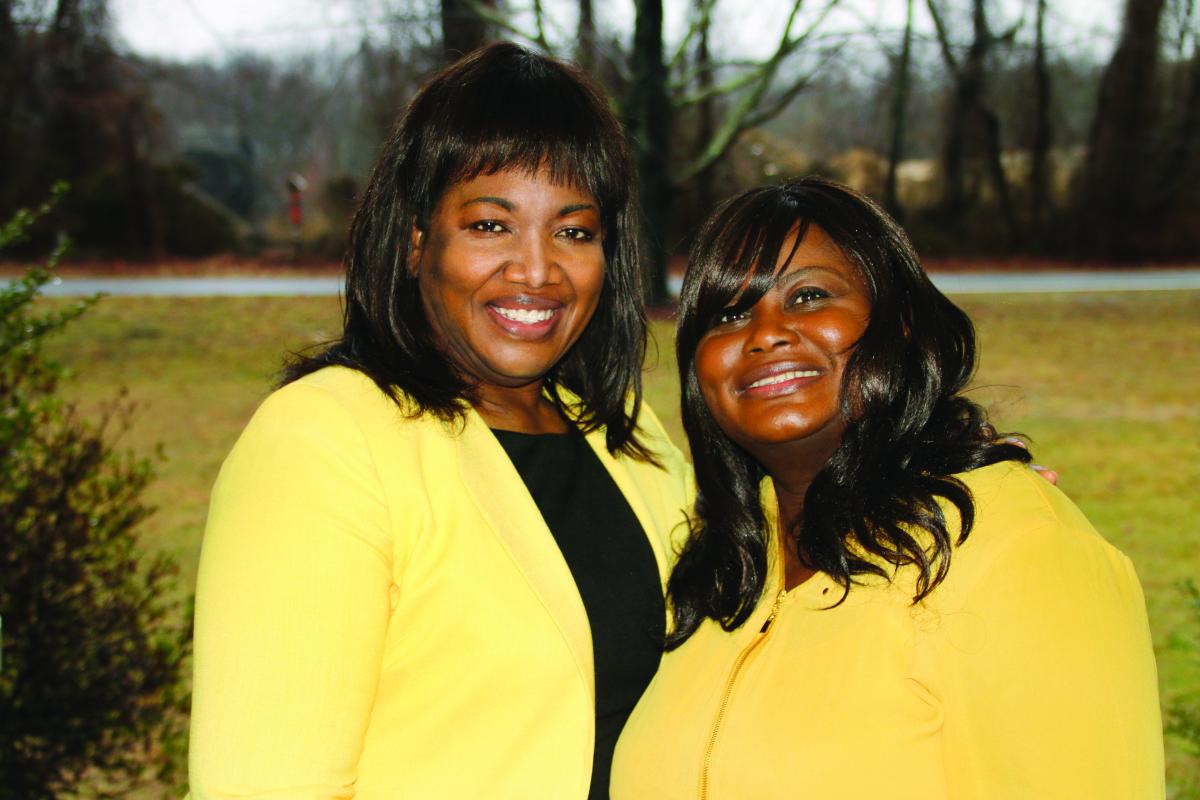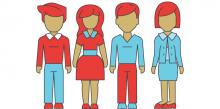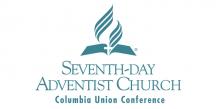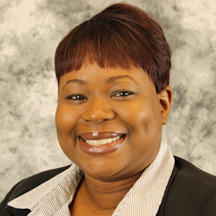Story by Michele Joseph
When Juliana Marson received a call from a woman so depressed she was unable to leave her home, Marson did what she knew would work best—she prayed. Then she invited the woman to her two-week-old church plant, the New Jersey Conference’s Grace Place, in Lakewood.
Jacqueline Lewis didn’t come to church, but she arrived during fellowship dinner.
“I stopped what I was doing, ran and hugged her,” Marson says. But Lewis replied, “You can’t hug me. I’m ugly.”





 Story by V. Michelle Bernard
Story by V. Michelle Bernard